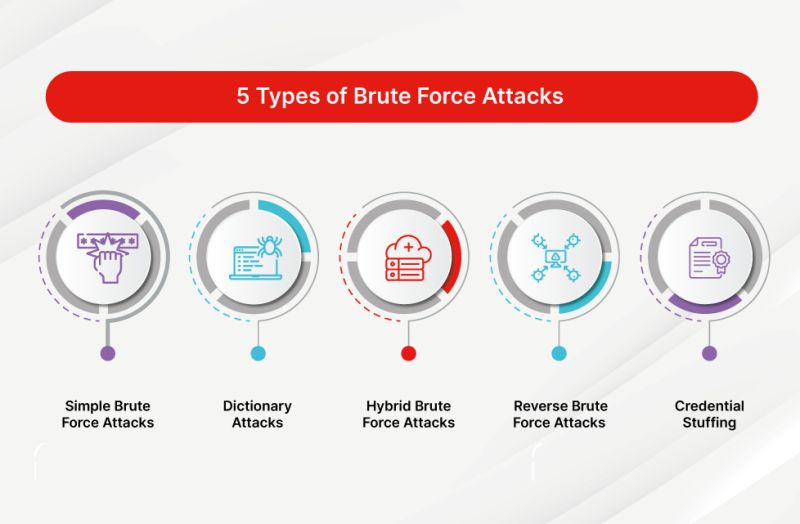MFA User Access: Enhancing Security and Convenience
In today’s digital age, cybersecurity has become a top priority for organizations across various industries. With the increasing number of cyber threats and data breaches, it’s crucial to implement robust security measures to protect sensitive information. Multi-factor authentication (MFA) is one such security protocol that has gained significant popularity in recent years. In this article, we’ll discuss MFA user access, its benefits, and how it enhances security and convenience for users.
What is MFA User Access?
MFA user access is a security feature that requires users to provide multiple forms of identification to access their accounts or systems. This process adds an extra layer of security to the traditional username and password combination, making it more difficult for unauthorized users to gain access. MFA user access typically involves a combination of something the user knows (such as a password or PIN), something the user has (such as a security token or smart card), and something the user is (such as a biometric factor like a fingerprint or facial recognition).
Benefits of MFA User Access
1. Enhanced Security: MFA user access significantly reduces the risk of unauthorized access to sensitive information. By requiring multiple forms of identification, it makes it much harder for attackers to gain access to accounts, even if they have stolen a user’s password.
2. Compliance: Many regulatory bodies, such as HIPAA, PCI DSS, and GDPR, require organizations to implement MFA user access as part of their compliance requirements. By adhering to these standards, organizations can avoid costly fines and penalties.
3. Convenience: While MFA user access adds an extra layer of security, it doesn’t have to be inconvenient for users. Many MFA solutions offer convenient options, such as mobile apps that generate one-time codes or biometric authentication, which can be more convenient than carrying around a physical security token.
4. Cost-Effective: While MFA user access may require an initial investment, it can be cost-effective in the long run. By reducing the risk of data breaches and compliance fines, organizations can save money in the long run.
How MFA User Access Enhances Security and Convenience for Users
1. Prevents Phishing Attacks: Phishing attacks are a common tactic used by cybercriminals to steal user credentials. By implementing MFA user access, organizations can prevent phishing attacks by requiring users to provide multiple forms of identification, making it much harder for attackers to gain access to accounts.
2. Reduces Password Fatigue: Password fatigue is a common issue that affects many users. By implementing MFA user access, organizations can reduce password fatigue by allowing users to use a single password for multiple accounts, as long as they provide additional forms of identification.
3. Provides Flexibility: MFA user access offers flexibility in terms of the types of authentication factors used. Organizations can choose from a variety of authentication factors, such as biometric authentication, security tokens, or mobile apps, to find the best solution for their users.
4. Enhances User Experience: By implementing MFA user access, organizations can enhance the user experience by providing a more secure and convenient login process. Users can choose from a variety of authentication factors, making it easier to access their accounts, while also providing an extra layer of security.
Conclusion
MFA user access is a critical security feature that enhances security and convenience for users. By requiring multiple forms of identification, organizations can significantly reduce the risk of unauthorized access to sensitive information. MFA user access offers benefits such as enhanced security, compliance, convenience, and cost-effectiveness. By implementing MFA user access, organizations can provide a more secure and convenient login process for their users, while also adhering to regulatory requirements. As cybersecurity continues to evolve, MFA user access will become an essential component of any organization’s security strategy.
